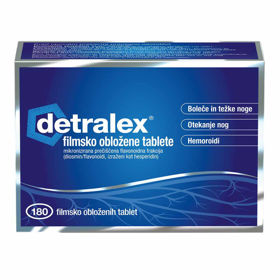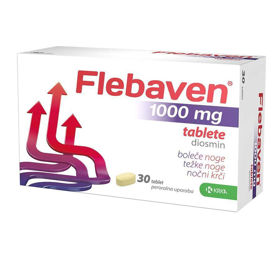Customer question:
What are the signs of blocked lymph?
Pharmacist's response:
The lymphatic system is a critical part of our circulation and immune system. It removes toxins, waste, and excess fluid and moves white blood cells around the body to fight infection. Unlike the circulatory system, where the heart acts as a pump, the lymphatic system only moves in one direction – up and away from gravity.
As the lymphatic system tries to fight gravity, it can also become clogged in some instances. Too many toxins are one of the main factors, while poor diet and overexposure to environmental toxins can also overload the lymphatic system. In addition, lack of sleep, dehydration, stress, emotional trauma, infections, and lack of exercise can stagnate and sometimes even stop lymph flow.
When the system becomes clogged, swelling (or lymphedema) usually occurs. If toxins cannot be removed from the body, cells cannot function properly, causing dysfunction and disease in the body. The immune system is indirectly compromised if the lymphatic system is compromised. There can even be inflammation, and when there is chronic lymphatic congestion, the condition can contribute to autoimmune diseases.
Here are 19 possible symptoms of a blocked lymphatic system:
- Swelling of fingers
- Feeling stiff and sore when you wake up
- Cold hands and feet
- Poor concentration
- Chronic fatigue
- Depression
- Strain
- Overweight
- Food hypersensitivity
- Digestive problems
- Dry or itchy skin
- Sinus infections
- Frequent colds and flu
- Weakened immunity
- Enlarged lymph nodes
- Allergies
- Unexplained injury and illness
- Closing
- Parasites
What can I do to get my lymphatic system working again?
There are many approaches to help and reactivate lymphatic fluid flow again, such as resuming movement (exercise), avoiding prolonged sitting or standing, eating a more "clean" diet, incorporating red raw foods such as beets, cherries, cranberries, pomegranate, berries and breathing exercises.
Another ubiquitous suggestion is to avoid wearing tight-fitting clothes. For example, men may want to consider switching to boxers, while women should be careful not to wear a tight bra and tighter underwear most of the time.
However, it is often found that these lifestyle changes are often not enough. Therapy is available to increase the volume of lymph, which unclogs the lymphatic channels and restores the mobility of the lymphatic fluid.
You can also use detralex, which is intended to treat symptoms of chronic venous disease, lymphedema, and acute hemorrhoidal disease in adults.
Interesting reading: Lymph Glands
Interesting reading: EXERCISES for the lymphatic system











